
Year One
- 8 Month Rotation in Urogynecology and Reconstructive Pelvic Surgery
- 2 Month Rotation in Urology
- 2 Month Rotation in Research
The rotation in urology focuses on didactic and clinical training, which provides experience in a tertiary urologic outpatient clinic, video urodynamics and the urologic operating room.
Year Two
- 5 Month Rotation in Urogynecology and Reconstructive Pelvic Surgery
- 7 Month Rotation in Research
- 2 Mandatory Research Classes
During the second year, more time is allotted for research projects, submitting grants and developing a thesis. In addition, fellows complete two research courses. These may include the Excellence in Clinical Research course, Quantitative Methods in Clinical and Public Health Research (a 13-week course) or courses through the Duke Graduate program. Those wishing to pursue an advanced degree of a Master of Health Sciences in clinical research could begin their classes this year.
Year Three
- 7 Month Rotation in Urogynecology and Reconstructive Pelvic Surgery
- 3 Month Rotation in Research
- 1 Month Rotation in Colorectal and Gastroenterology
- 1 Month Rotation in Physical Therapy
The third year includes a rotation on Colorectal Surgery in the outpatient clinics, operating room and training in the colo-rectal-anal physiology laboratory. The Gastroenterology rotation includes outpatient clinic. The rotation in physical therapy focuses on therapeutic techniques for urinary incontinence, pelvic/vaginal pain and defecatory disorders. In addition, the fellow will complete independent research projects and a thesis.
Rotation locations include OR (fellow operates at Duke North/Ambulatory Surgery Center); clinic (fellow sees patient in clinic and interprets urodynamics); and research (fellow has protected research block time). On all rotations, fellows attend department grand rounds, division teaching sessions and administrative conferences on Wednesday mornings.
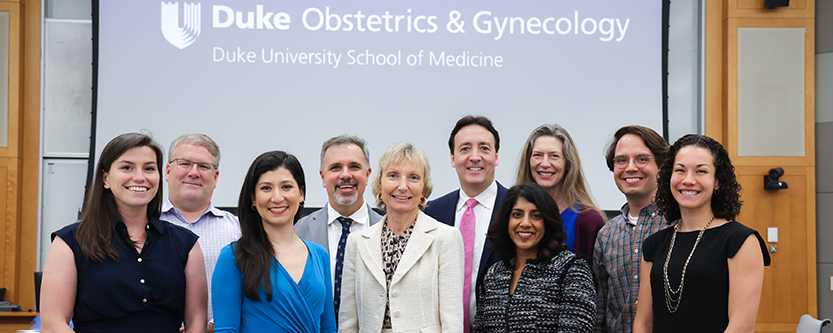
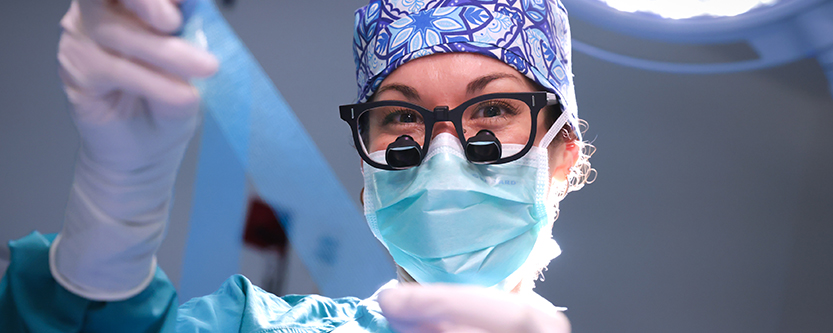
Our goal is to develop pelvic surgeon/scientists who are both exceptional clinicians and are prepared to have productive academic careers and become leaders in the field of Urogynecology and Reconstructive Pelvic Surgery. We offer:
- Diverse referral base including NC and surrounding states
- Eight subspecialty board-certified Urogynecology and Reconstructive Pelvic Surgery faculty
- Faculty have comprehensive expertise in Urogynecology and Reconstructive Pelvic Surgery; training in office cystoscopy, urodynamics, intravesical Botox, sacral neuromodulation, posterior tibial nerve neuromodulation, endo-anal ultrasonography, anal manometry and other procedures
- Collaborative environment with other clinical disciplines
- Extensive training in vaginal, abdominal and robotic surgery — see below for video examples of our robotics training
- Complex pelvic surgery including anal sphincteroplasty, surgical repair of vesico-vaginal/recto-vaginal fistulae, placement of ureteral stents, urethral diverticulectomy, ureteral re-implantation
- Complex congenital anomaly surgery
| Clinical Sites | ||
|---|---|---|
| Duke Women's Health Navaho | Duke Women's Health Patterson Place | Duke Ambulatory Surgery Center |
| Duke University Hospital | Duke Raleigh Hospital |
|
Robotics Training in the Hospital Setting
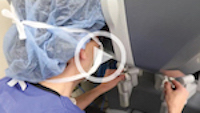
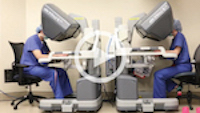
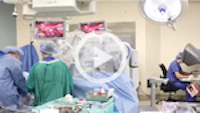
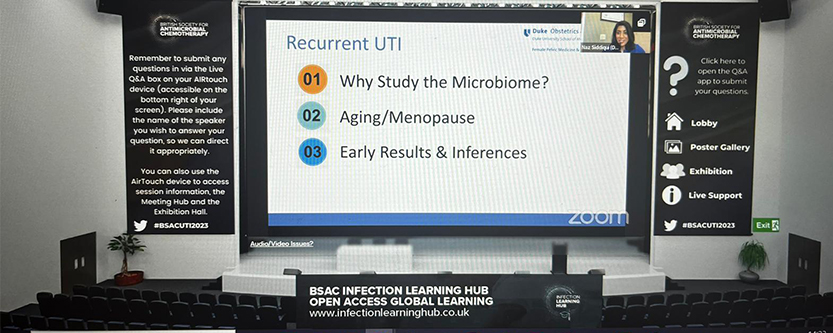
Our active research training includes
- Emphasis on research methodology and study design
- Mentoring in scientific writing and obtaining grants
- Faculty with expertise in clinical research; active mentorship of fellows
- Collaborative environment with other University departments such as biomedical engineering and statistics
- Clinical site for the Pelvic Floor Disorders Network (PFDN) and the Lower Urinary Tract Disorders Network (LURN)
- Extensive additional resources through Duke University
- Advanced degree option with the Clinical Research Training Program
- Duke Clinical and Translational Science Institute (CTSI)
- Duke Clinical Research Institute (DCRI)
- Human Fresh Tissue Lab
- Surgical Simulation Center
Our active research includes
| Network Studies | |
|---|---|
|
|
| Basic and Translational Sciences |
|---|
|
| Prediction Models and Risk Calculators |
|---|
|
| Clinical Research |
|---|
|